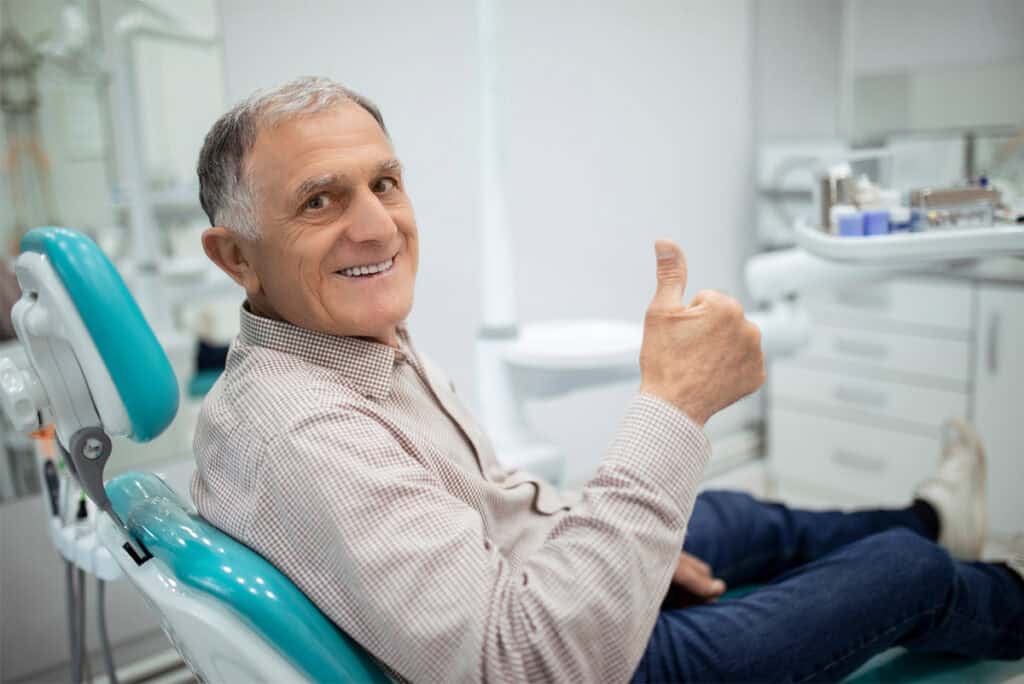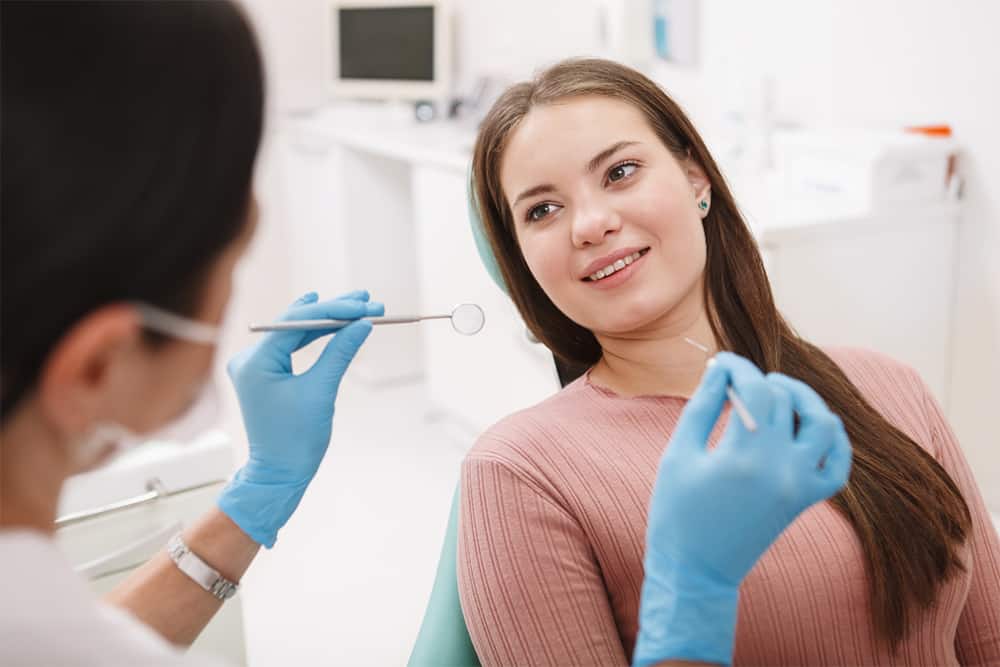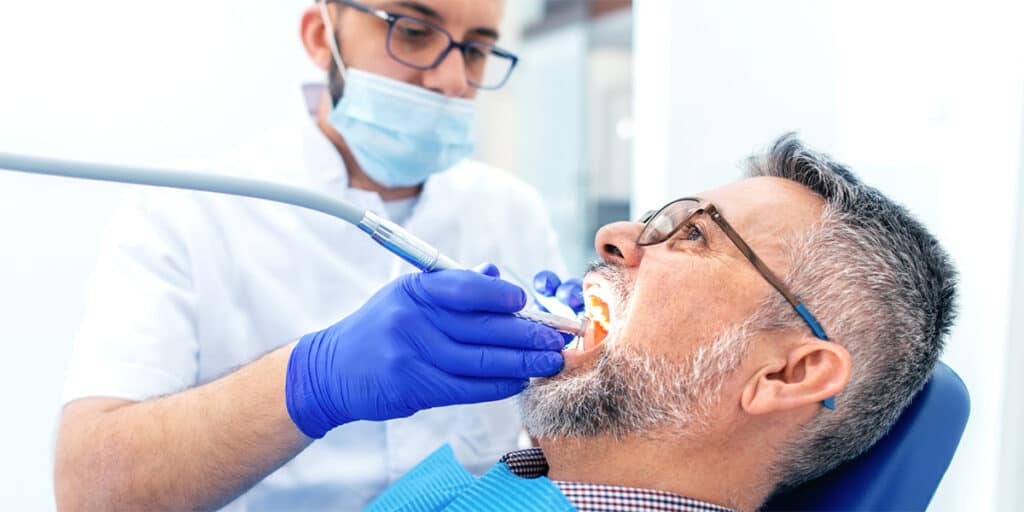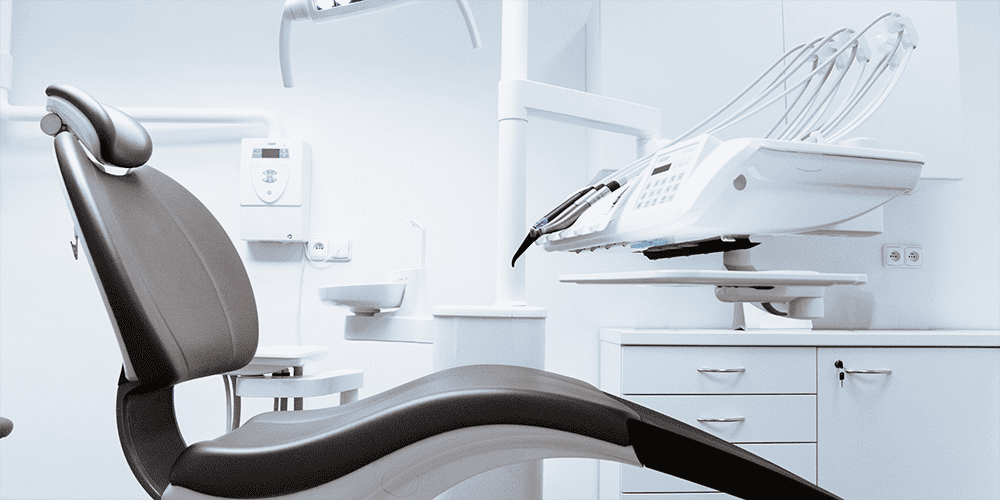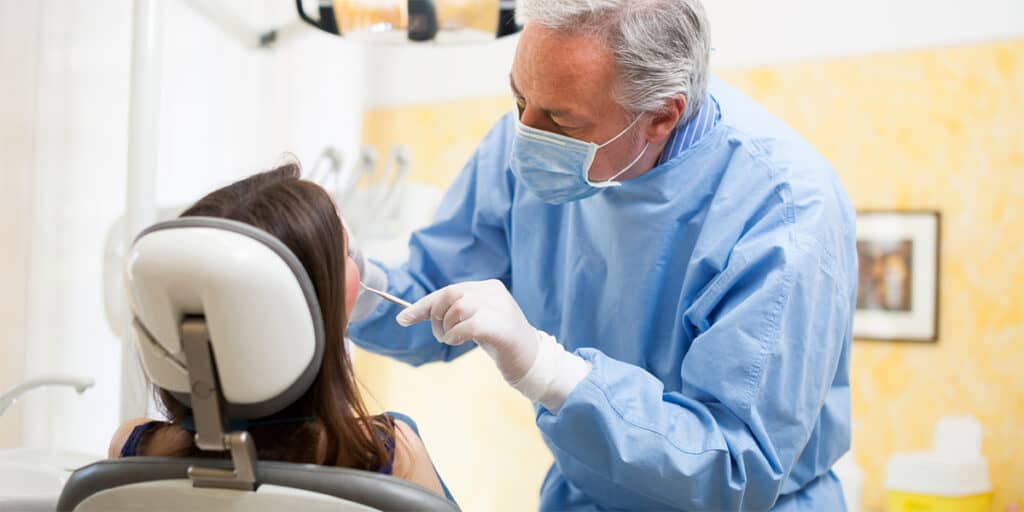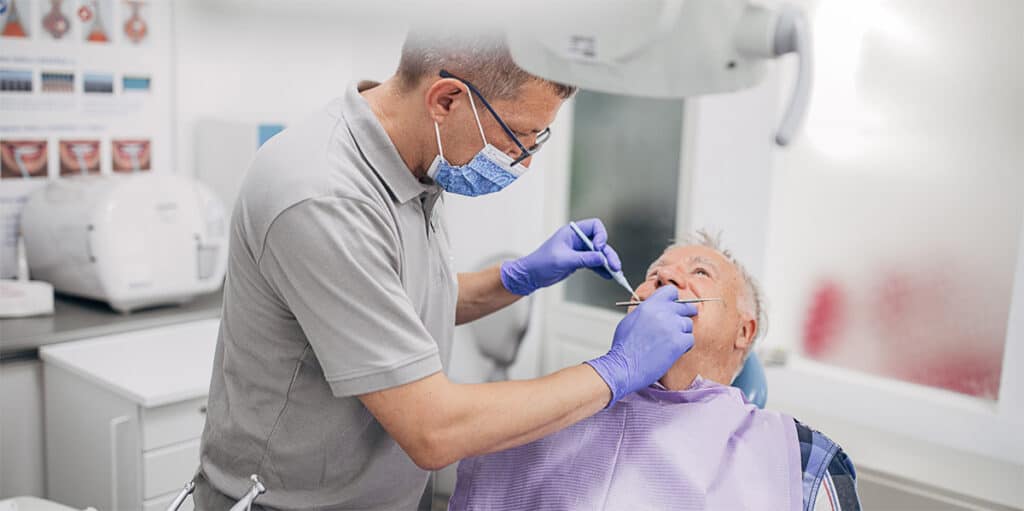Granted FDA Breakthrough Device Designation
The BeVigilant™ OraFusion™ System** is Not Available For Sale in the U.S.
Vigilant Biosciences® vision is to transform the future of healthcare by becoming the global leader in early cancer detection, ultimately creating a world where cancer is identified at its most treatable stages, thereby saving lives and transforming patient outcomes.
Resources for Clinicians
Explore white papers and other resources for dental practices navigating the challenges surrounding oral cancer diagnosis and treatment.
Resources for Patients
Patient education and awareness is a key part of improving oral cancer outcomes. Access patient resources to learn more:
New & Noteworthy
Explore our latest blog posts and press releases
*Clinical Data on File

